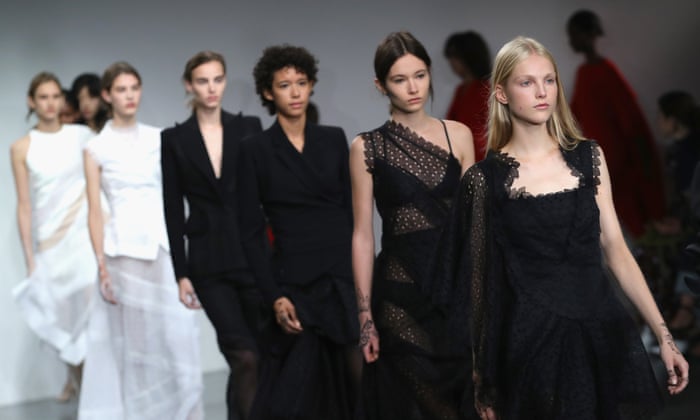
Britain’s 11.9 million disabled people represent a potentially large untapped consumer market with a perceived spending power of £80bn, yet many clothes shops are completely inaccessible.
With London Fashion Week, the subject of diversity will continue to dominate the catwalks as Edward Enninful, the incoming editor of British Vogue, cements his vision for an inclusive approach to this elite industry.
However, a recent study by the Extra Costs Commission has found that 75% of disabled customers have left a shop because of poor service or access, and that British companies risk losing £420m a week in sales. Where designers have supported the move towards diverse casting and even showcased disability models, many disabled consumers cannot access these trends due to poor shop accessibility. Retailers are commonly unaware of the needs of disabled customers and present physical barriers such as stairs, lack of seating or insufficient sales support.
Share your experiences
Were you left unable to enter a shop due to inadequate provision (such as ramps) for wheelchairs or mobility aids? Are shop assistants accommodating to your disability? Perhaps you managed to enter a store but faced problems moving around the shop, negotiating cramped changing rooms or accessing upper floors without a lift. Was information regarding access policies communicated to you online prior to visiting the shop? Has this prevented you from going shopping and accessing the latest fashion trends? Are you reliant on online shopping?
You can share your experiences by filling in the form below, anonymously if you wish. Your responses are secure as the form is encrypted and only the Guardian has access to your contributions. We’ll feature some of your responses in our reporting.
[“source=theguardian”]
